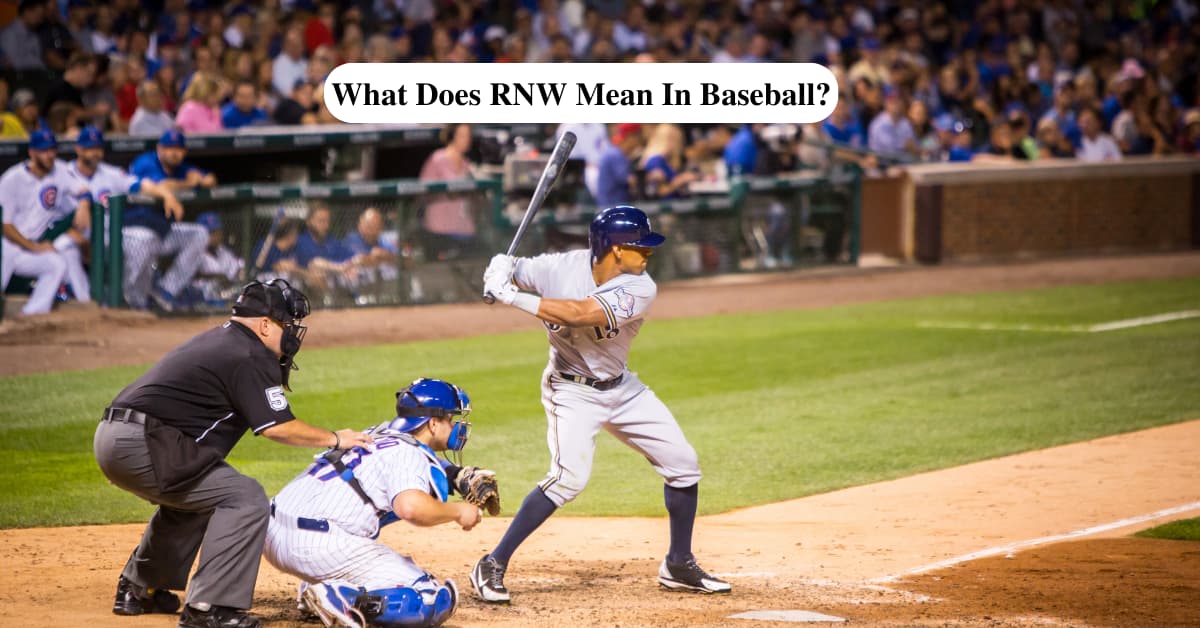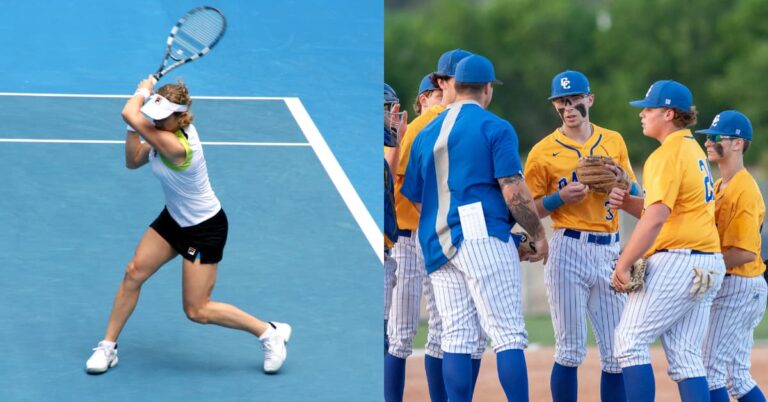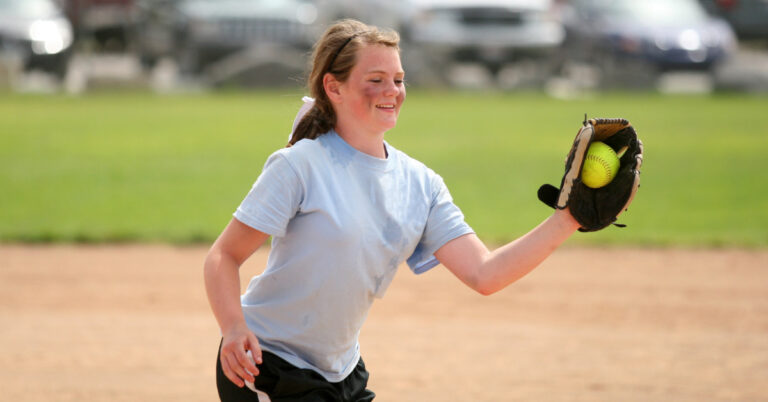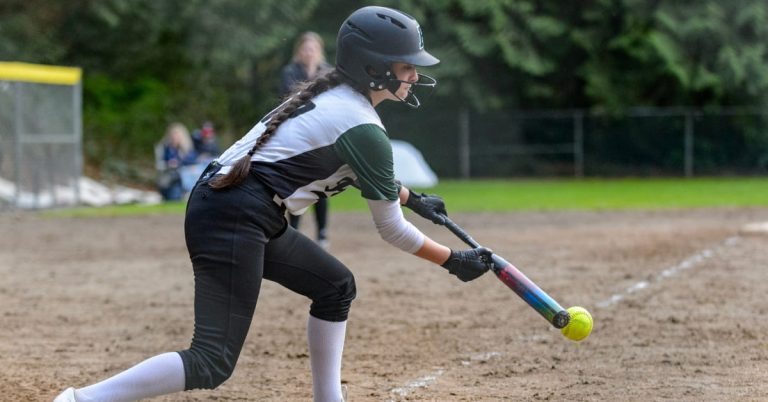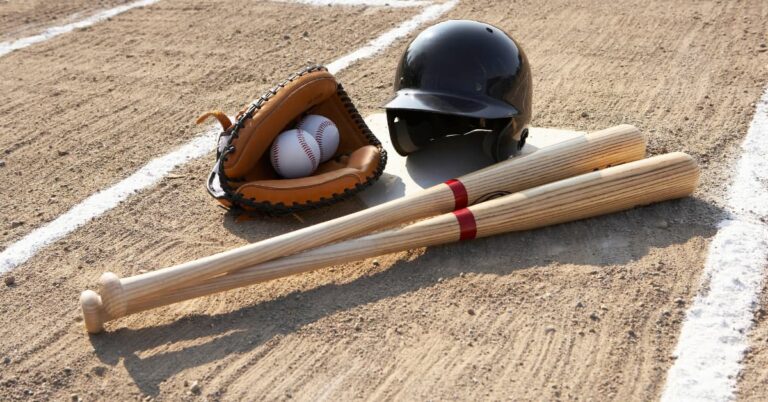What Does RNW Mean In Baseball? (Quick Answer)
When it comes to baseball contracts, there are various terms and abbreviations that can be confusing for fans and even players. One such term is RNW, which holds significant importance in the world of baseball. In this article, we will delve into what RNW means, its impact on teams and players, and how it differs from salary arbitration.
What Does RNW Mean In Baseball?
In baseball, RNW stands for Renewal of Non-Rostered Players. Essentially, this refers to a mechanism that allows teams to renew the contracts of non-rostered players under specific conditions. These types of players are those who are not on the team’s 40-man roster and are usually minor-league or prospect players.
Renewing a non-rostered player’s contract gives the team greater control over a player’s rights for the upcoming season. It allows teams to maintain control over their prospects while avoiding the necessity of going through the salary arbitration process.
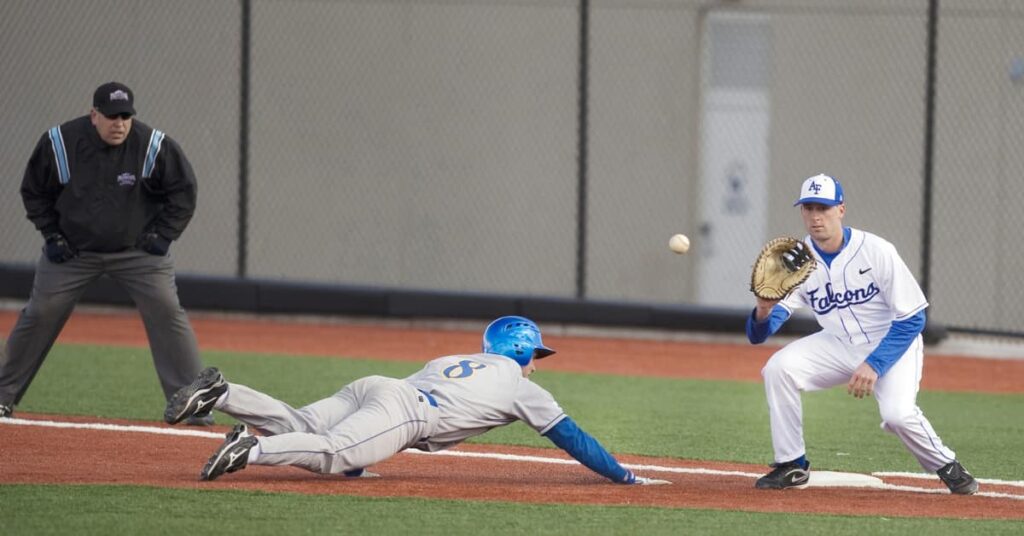
Renewal of Non-Rostered Players typically applies to players who have not yet reached arbitration eligibility. Baseball’s arbitration process determines the salaries of players with a certain level of major league experience who are eligible for arbitration. Renewal of Non-Rostered Players, on the other hand, allows teams to sidestep the arbitration process by renewing the contracts of players who are not yet eligible.
RNW typically results in a team renewing one-year contracts with an agreed-upon salary, which is often the league minimum. From a team’s standpoint, RNW serves as an affordable way to maintain control over prospects while allowing them to develop in the minor leagues. From the player’s perspective, an RNW contract can offer some sense of security while providing an opportunity to continue to work on their skills and develop their career.
Impact on Teams and Players
RNW, or Renewal of Non-Rostered Players, has a direct impact on both teams and players. This mechanism allows teams to renew the contracts of non-rostered players under certain conditions. It affects a team’s decision-making in contract renewals, as well as a player’s career and earning potential.
RNW vs. Salary Arbitration
While RNW and salary arbitration may sound similar, they are actually distinct concepts in baseball. RNW is a contractual provision that applies to non-rostered players, whereas salary arbitration is a process that determines the salary for players with a certain level of experience. It is crucial to understand the differences between these two mechanisms to grasp the full significance of RNW in the baseball world.
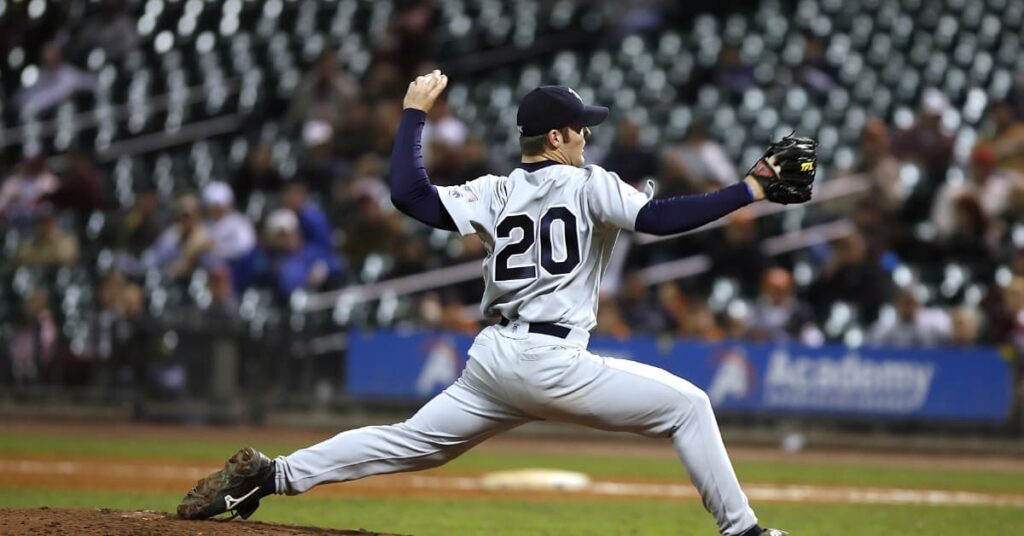
How Do Renewable Contracts Work in MLB?
In Major League Baseball (MLB), renewable contracts are common for players who are not on the team’s 40-man roster. These contracts are usually for one year and allow teams to control the players’ contracts without them being eligible for salary arbitration. By renewing a contract, a team essentially maintains control over a player’s rights while avoiding the arbitration process.
Are Baseball Contracts 100% Guaranteed?
Unlike contracts in some other sports, baseball contracts are generally considered to be guaranteed. This means that if a player signs a contract, they are entitled to receive the full amount stated in the agreement, even if they are released or injured. However, there may be specific circumstances that allow teams to void or reduce the financial obligations of a contract.
Can a MLB Player be Fired?
While baseball contracts are generally guaranteed, it is technically possible for a player to be released or traded by their team. When a player underperforms or doesn’t meet the team’s expectations, they can be placed on waivers, released, or traded to another team. However, the player will still be entitled to receive the remaining amount of their contract unless there are specific contract provisions allowing the team to withhold payment.
Conclusion
Understanding RNW in baseball is essential for fans, players, and teams alike. It plays a vital role in contract renewals, and salary arbitration, and ultimately influences the careers and earnings of players. By grasping the significance of RNW and its impact on teams and players, we gain a better understanding of the intricacies of baseball contracts.
FAQs About RNW mean in baseball
What does a positive RNW indicate in baseball?
A positive RNW indicates that a player has contributed more to their team’s success than they have allowed through their defensive performance. In other words, they have a positive impact on their team’s wins.
What does a negative RNW mean in baseball?
A negative RNW suggests that a player’s defensive performance has resulted in more runs allowed than they have contributed offensively, potentially hurting their team’s chances of winning.
Is RNW a commonly used statistic in baseball?
While it’s not as common as some other statistics like batting average or earned run average (ERA), RNW is used by some analysts and teams to provide a more comprehensive view of a player’s overall value.
Are there any limitations to using RNW in baseball analysis?
Like any statistic, RNW has its limitations. It relies on accurate and comprehensive data, which may not always be available, and it doesn’t capture all aspects of a player’s performance, such as base running.
Where can I find RNW statistics for baseball players?
You can find RNW statistics for baseball players in various advanced baseball statistics databases, analytics websites, and sometimes in sports broadcasts or publications that focus on in-depth statistical analysis of the game.

